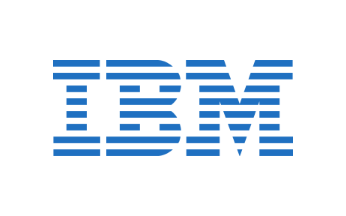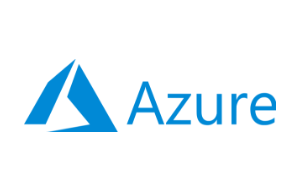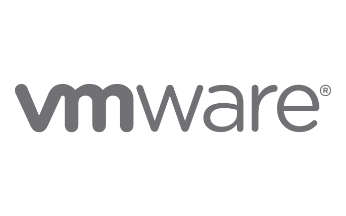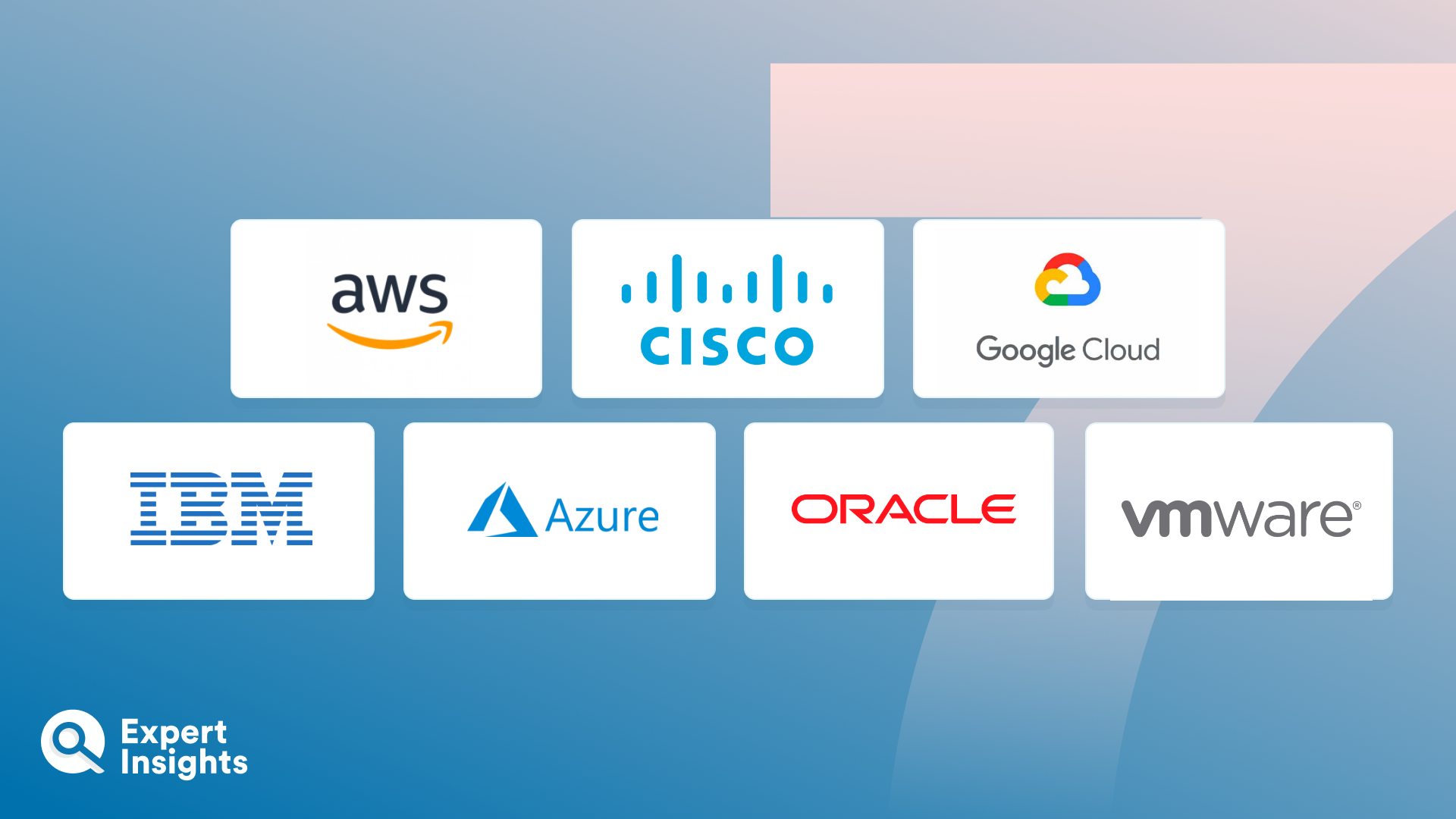Cloud management platforms enable organizations to monitor, manage and control their cloud environments. This can include multiple varieties of cloud deployments, including public, private and hybrid cloud environments. Cloud management platforms are like a centralized never centers for cloud environments, enabling teams to navigate and govern their cloud deployments more effectively.
Cloud management platforms are a broad category of solutions, and specific features vary from provider-to-provider. Core functionality includes a unified management dashboard, including policy management, performance monitoring, reporting and analytics, governance and security capabilities, metering and billing, automation and orchestration, and configuration for cloud storage and network resources. They solutions can be deployed in the cloud, or on-premises.
As organizations increasingly leverage cloud platforms to run their platforms and services, cloud management capabilities become critical. These solutions ensure cloud environments are running effectively, efficiently, securely and in compliance with data protection regulations, which can differ from region-to-region, and industry-to-industry. These tools enable teams to monitor their infrastructure and apps, configure resources, manage cloud updates, automate key processes and more.
Given the critical role of the cloud in modern digital infrastructures, there are many cloud management platforms available, each suited to specific use-cases. In this guide, we’ve crafted our list of the top Cloud Management Platforms, comparing key offerings, ease of integration, and user experience, based on our own market analysis.













